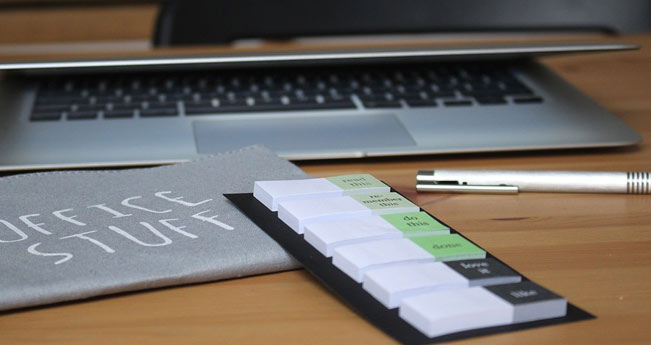Fifty-five million people must be onto something! That’s the number of freelancers that are in the US economy alone.
About 35% of the nation does some sort of freelance work and experts are saying that the percentage might be 50% within the next five years. (Is that a good thing, or are all the full-time jobs going elsewhere?)
As a freelancer, no doubt you’re familiar with all of the joys of freelancing – being your own boss, setting your own hours, managing your own destiny. But, there are some headaches, too, and one of them is figuring out how to give the government its due.
Yes, we’re talking tax time, and our guide to taxes for freelancers is going to guide you through to make sure your paperwork is completely in order.
Freelancer or Independent Contractor? Figuring Out Your Self Employed Filing Status
Are you sure your income is from “self-employment?” Here’s a quick, helpful video from TurboTax:
First things first -let’s investigate your status.
- Do you sell goods or services directly? That makes you a freelancer and counts as freelancing.
- Do you have a contract or verbal agreement to provide goods and services to someone else? Then you’re considered an independent contractor.
Independent contractor and self-employed are the terms that the government (IRS) uses instead of “freelancer”. It’s important to know which category you fall into when doing taxes for freelancers.
Keep Receipts
Because the government isn’t taking taxes out of your earnings, you’re responsible for documenting every dollar.
Keeping track of every expense and every penny earned is a necessity to keep your taxes in order. If you get paid in cash, file a receipt for whatever you earn.
Proper accounting is crucial for taxes for freelancers. Even if it takes a bit more effort, you don’t want to be caught off guard come tax time.
Taking On The 1099
If you worked for a company, you were probably issued a W-2 tax form. As a freelancer of any kind, you’ll be issued a 1099. (1099-MISC form)
In a usual W-2 form, all taxes are deducted by your employer, but your 1099 won’t have those deductions. A big difference is the self-employment tax, what employers usually pay into Social Security and Medicare.
Tip: For the first $118,500 of income, you’ll have to pay a tax rate of 15.3%.

You Say, “Expenses,” I Say, “Tax Deductions”
Something unique to freelancing is that you can deduct certain things and bring your tax rate down.
Remember how important we said it was to keep receipts? Not only are they vital for taxes for freelancers, they come in handy when it’s time to do your deductions.
In fact, if you do a lot of business-related spending, consider getting a separate credit card that you can whip out any time you’re buying something business-related. Otherwise, you’ll have to do a lot of untangling and math at the end of the tax year!
Your expenses need to fall into one of three categories: food, tools, and work space. Whatever you deduct, it has to be a usual work expense.
You can deduct your rent if you specifically do work in one place, like a shared office space, (aka “coworking“) but updating your blog from your kitchen table doesn’t count.
Office supplies used for work qualify. If you take your client out for coffee, that can be deducted. Did you send a client pears or chocolates as a Christmas gift?
BAM! Another write-off. Go through your receipts and see if your spending qualifies for a deduction.
Tangling With Taxes For Freelancers
This was a quick and dirty guide to taxes for freelancers to get you started. If you find yourself needing professional help, know that we’ve got your back.
Get discounts on the top tax software available tailored especially for the self-employed / freelancers, and get your financial ducks in a row. Top names in tax software like TurboTax (self-employed edition) and H&R Block (self-employed edition) will help guide you through every deduction with their “business” editions.
Speaking of that, don’t go cheap and try to save $20 not getting the business / self-employed versions of their software. A single missed deduction can more than wipe out all of the money you saved by being frugal!

